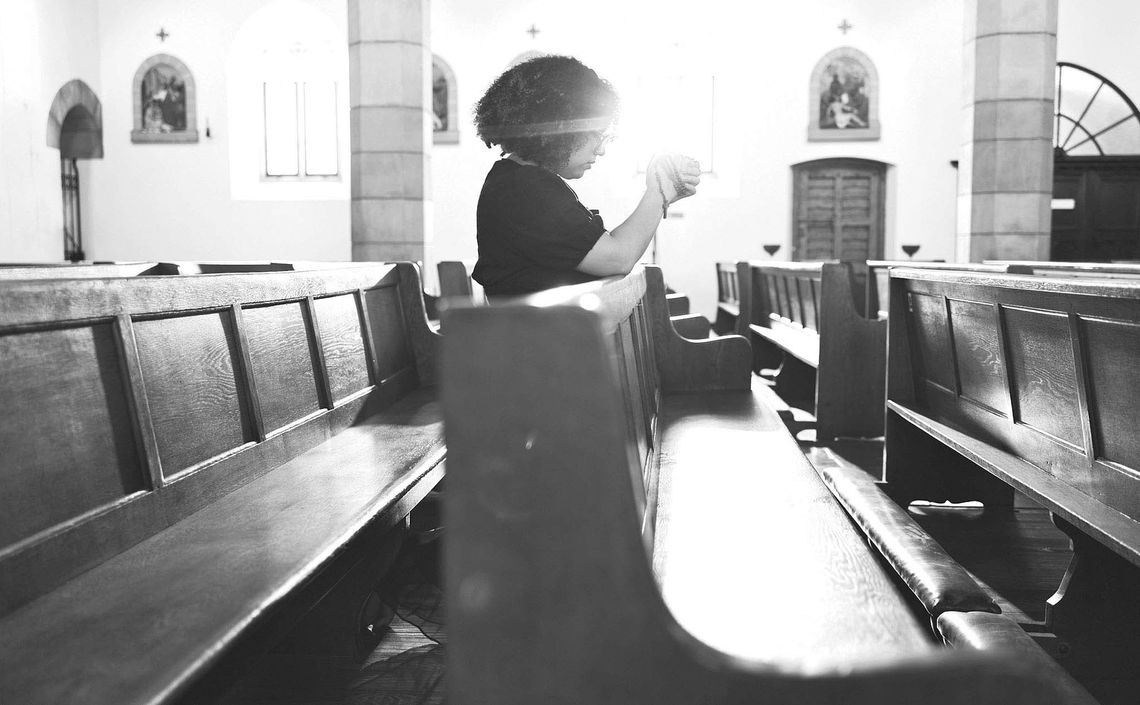DELIBERATELY DIVERSE | by The Rev. Terry Pierce
“Deliberately Diverse” represents the opinions of a group of Taylor friends who almost never completely agree about anything but enjoy diverse discussions in our beloved community.
I recently read a quote I liked that was attributed to Pope Leo XIV. The problem is that fact-checking indicates it didn’t come from Pope Leo at all and was an invention of the internet and social media.
The part I responded to was, “To be called ‘woke’ in a world that sleeps through suffering is no insult — it is Gospel.”
I suspect most people, of whatever political perspective, would agree that we don’t want to ignore suffering. Jesus calls us repeatedly to care for the poor and the suffering.
In Matthew 25:31-46, Jesus describes the final judgment and says, “For I was hungry and you gave me something to eat, I was thirsty and you gave me something to drink, I was a stranger and you invited me in, I needed clothes and you clothed me, I was sick and you looked after me, I was in prison and you came to visit me.”
He explains that whatever we do for “the least of these brothers and sisters of mine,” we do for him.
And we see in the story of the Prodigal Son, Jesus did not reserve care for those who were worthy. In fact, the Prodigal Son asked for his inheritance, insulting his father; then wasted it. When he finally returned home, he was lovingly received.
That word “woke” has become a way to polarize ourselves, to identify or to curse. The earliest recorded use of the word “woke” as used here appeared in a 1938 article by African American writer Marcus Garvey, who urged readers to “stay woke” about social conditions affecting Black communities.
The Old English word meant to keep a vigil or to be watchful. In Gethsemane, Jesus asked his disciples to “stay here and keep watch with me.” To be “woke” then is to pay attention, to be vigilant, to notice what is happening around us.
Generation Z, those born from 1997 to 2012, has earned a reputation for being the most socially conscious generation yet, often referred to as the “woke generation.”
These young people are now in their teens to their late twenties, so we cannot know how age and time will change them. They have been shaped by a world of increasing social and political violence; by school shootings; by what they perceive as a failure of my generation to care for creation which will leave them with a planet that won’t support a future.
They derive hope from activism, from the perhaps idealistic notion that it is not too late to make the world a better place for all people and for all creation.
Sounds a bit like Jesus to me.
Pierce is the vicar of St. James’ Episcopal Church in Taylor.








